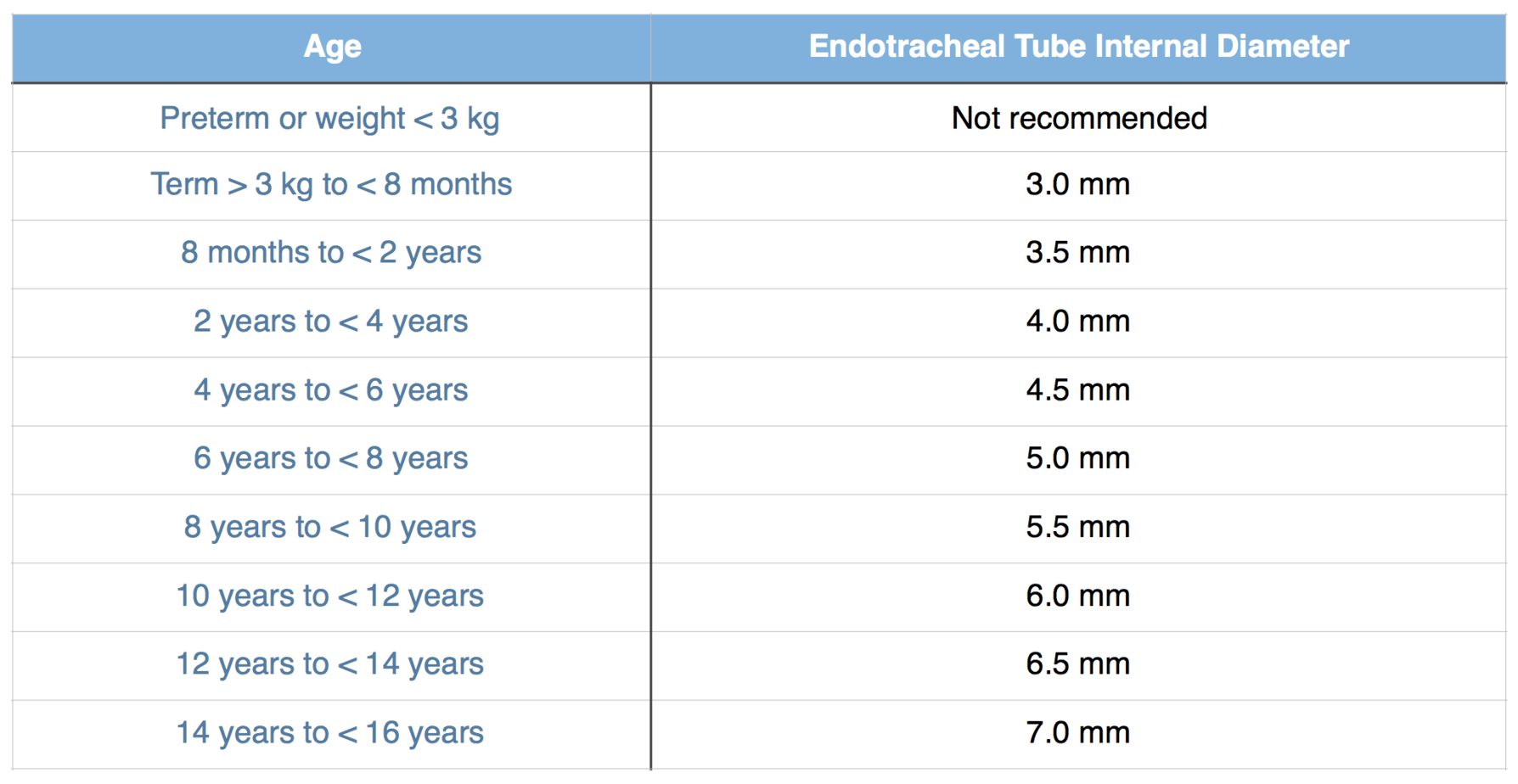Understanding the Role of Veterinary Labs in Pet Health
Understanding the Role of Veterinary Labs in Pet Health
Blog Article
Caring for your dog or cat’s health plays a vital role in their longevity. Pet health labs are crucial for identifying health issues for companion animals.
Here, we’ll break down how veterinary labs function, their key services, and why regular diagnostic testing is important.
Understanding the Role of Veterinary Testing Centers
Veterinary testing facilities help diagnose health conditions in pets. Veterinarians rely on them to ensure timely interventions.

How they work generally features:
- Collecting samples: Key biological materials are taken by the vet.
- Sample examination: Sophisticated machines analyze the samples.
- Diagnosing the findings: The lab sends back results to the veterinarian for custom care strategies.
Common Veterinary Tests for Pets
Pet labs provide numerous testing options to identify underlying issues. Frequently conducted exams include:
- Complete blood counts (CBC): Monitor organ function.
- Urine tests: Spot bladder issues.
- Stool analysis: Identify digestive problems.
- Allergen identification: Diagnose food allergies.
- X-rays and ultrasounds: Evaluate structural health.
Why Regular Testing is Important for Your Pets
Periodic veterinary assessments is critical to detecting issues early. Spotting problems quickly gives your pet the best chance at recovery.

Why regular testing matters include:
- Improved health outcomes: Customized solutions for your pet’s needs.
- Reassurance for your family: Regular testing ensures clarity.
- Financial benefits of prevention: Early detection reduces long-term expenses.
laboratorio de exames veterinarios
Why Veterinary Testing is Essential for Cats and Dogs
Relying on regular health assessments for household animals is one of the best ways. Veterinary labs offer critical support to address their needs proactively.
Schedule a diagnostic test today to protect their health!
Report this page